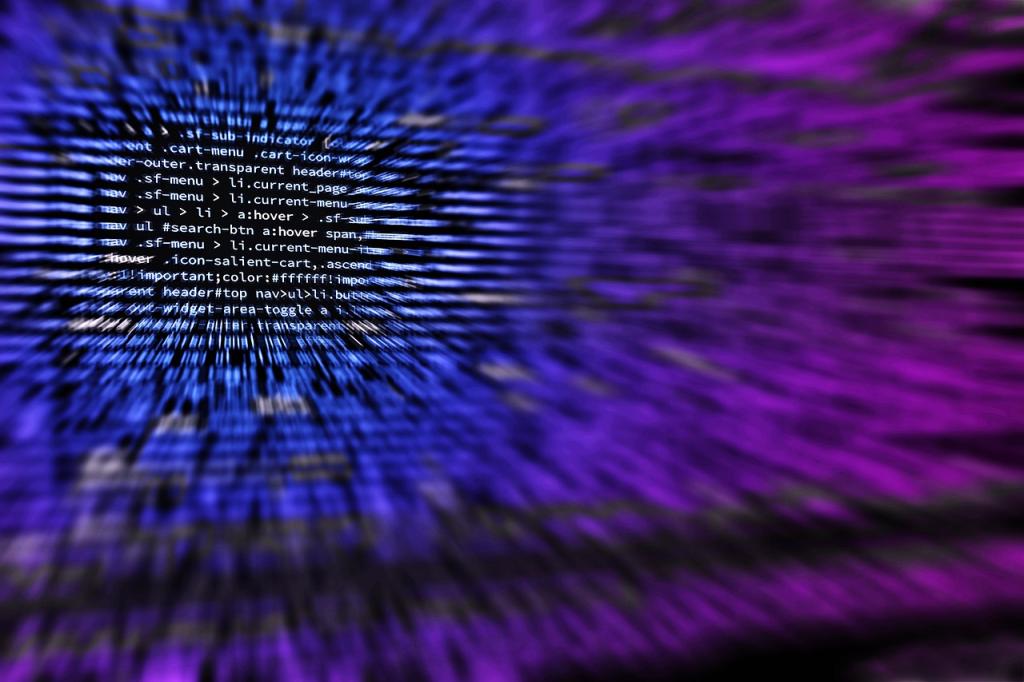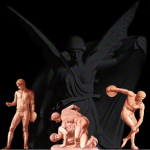Artificial intelligence (AI) is changing the way that we live and work. Increasingly, AI presents challenging questions about the nature of humanity and about the nature of the Universe itself.
Existential Exhaustion?
Before The Way was published, I asked ChatGPT, an AI app, to write a “New York Times” book review of my book. The book was not available anywhere online, in bookstores, or in libraries. So, the review was based solely on my author website and my social media presence.
The app generated a four paragraph review in ten seconds. It was pretty interesting (and scary) that the app could say so much about an unpublished book. Here is the conclusion, which some readers thought accurately captured the essence of the book:
“‘The Way: Meaningful Spirituality for a Modern World presents a timely interpretation of ancient teachings in fresh, easy to understand language. Jordan finds a balance of knowledge, experience, and practice, to connect readers of all backgrounds and spiritual persuasions with a meaningful and profound spiritual practice. There’s something for everyone in this book, and readers looking to deepen their spiritual journey will find an effective guide. The Way is a must read for those interested in exploring the deeper questions about faith and life in the 21st century. Through vivid personal anecdotes, historical context, and accessible language, Jordan helps readers to better understand the spiritual dynamics of their lives.”
The app also generated some awkward wording and some false information, as if it were guessing or making things up. In the AI world, these are appropriately called “hallucinations.” For example, the app liked what I wrote about “existential exhaustion.” This is weird, since I never wrote anything about “existential exhaustion.” (Maybe that’s my next book!)

Concerns about AI and its Implications
As an author, I am becoming immersed in the publishing business, which is becoming increasingly concerned about AI and its implications:
Recently, Amazon limited the number of books that authors can self-publish on its site to three a day, after an influx of suspected AI-generated material. Since it took me ten years to write a book, I cannot even imagine publishing three books a day!
How do we know if an author is a human or a computer? Should we care? Will AI plagiarize human authors? Will AI spread “hallucinations?” If AI harms someone, who or what is responsible, and how will they compensate their victims? What will we gain if most books are written by Google or Microsoft, rather than Faulkner or Hemingway? What will we lose?
How Do We Know if Intelligence is Artificial or Natural?
While writing the book, I thought a lot about topics like intelligence and intention. There are a number of philosophers and scientists who pose thought questions, such as “How do we know that our friend or neighbor is not a computer?” Does he demonstrate any “intelligence” that a computer does not? Are her actions and words artificial or natural?
As technology improves, it might be less likely for a computer to display awkward wording, “hallucinations” or wild guesses, so it will be more difficult to distinguish a computer from a person. What distinguishes us as humans, if computers convey objective evidence and describe subjective experience as well as (or better than) humans can?
Is there a special sauce that makes a human-generated book review more compassionate or wise than a computer-generated book review? Likewise, is there a special sauce that makes a created or designed Universe more compassionate or wise than a developing or evolving Universe?
Artificial Intelligence and Ultimate Reality
In the book, I came to understand Ultimate Reality in impersonal terms, like the Universe, not in personal terms, like the God of the Bible. We will likely agree that the Universe displays order, but will we agree whether the Universe displays intention? Did our orderly world develop because a personal God intended it to be so or because an impersonal Universe evolved it to be so?
Is Ultimate Reality personal, like a programmer, or impersonal, like a computer? In The Way, I ask whether Ultimate Reality is the architect of the Universe or the architecture of the Universe. Is the comfort that we feel when we connect with something larger than ourselves personal, like a being wrapped in a hug, or impersonal, like being wrapped in a blanket?
There is a “fine tuning” argument for the existence of God that suggests that it would be impossible to randomly replicate the fine tuning that is evident in the Universe. To me, this is overstated. No doubt, random replication is unlikely, but it is not impossible. How many attempts over what time period does evolution have to get it right? Infinite is a lot of times, and eternity is a long time.
Increasingly, AI presents challenging questions about the nature of humanity and about the nature of the Universe itself.
The Way is a Silver winner in the 2024 Nautilus Book Awards in the Religion/Spirituality of Other Traditions category.
If you want to stay up to date on the latest from You Might Be Right, simply subscribe with your email.














